Gynecomastia Male Breast Reduction Surgery
Gynecomastia is an abnormal enlargement of one or both breasts in men and is very common. It often occurs during puberty and fortunately often subsides spontaneously within a year. Gynecomastia also is common among elderly men, particularly when there is associated weight gain. It may be caused by hormonal imbalance which is often due to medication or other disease processes. The more serious causes of gynecomastia include tumors and all patients with gynecomastia should have a complete medical evaluation before considering surgery on the breast. Once all non-surgically correctable causes have been ruled out or treated, then the patient may be appropriate for surgical correction. The initial surgical workup includes a detailed physical examination which can distinguish between true gynecomastia (enlargement of breast tissue) and pseudogynecomastia (breast enlargement due to fat accumulation). If it is pubertal, watchful waiting is in order, since in most patients the condition will resolve spontaneously. Surgery is indicated to relieve marked pain and tenderness, severe embarrassment or emotional disturbance.
Surgery Procedure
The surgery is usually performed through a small incision around one-half of the areola/nipple region which tends to heal with little visible scarring. In more severe cases additional or different incisions are necessary and may leave more prominent scars. There is usually dense, firm breast tissue that requires direct excision. Although liposuction is most often used in combination with the excision, it rarely is sufficient by itself. Post operative recovery is not particularly painful or difficult. Normal activity is usually achieved within a week. There is a period of compression over the wounds that might range from a week or two to several months.
Surgery for gynecomstia is occasionally covered by insurance. More information about the financial arrangements for cosmetic surgery can be found on the Consultation Page.
I would be happy to provide you with more information or answer any other questions and can be contacted by phone at 1-216-778-2245 or by email at drbramkaufman@case.edu
